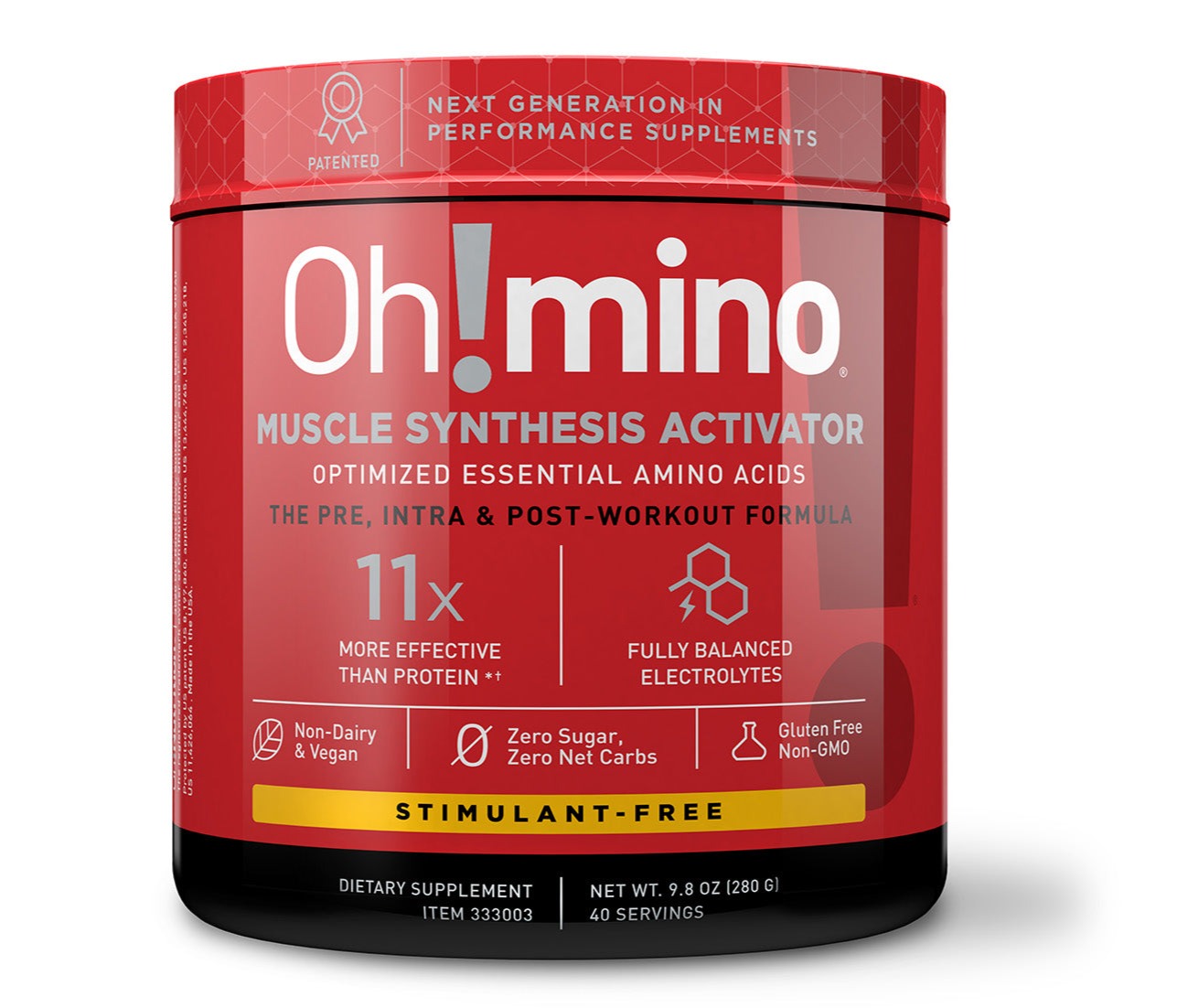Inflammation can be a double-edged sword.
While it's a natural part of the body's defense mechanism, chronic inflammation can lead to a host of health problems, including heart disease, diabetes, and arthritis.
Fortunately, one of the most effective tools to combat inflammation doesn't come from the pharmacy, but from the grocery store.
This guide will explore how the right foods can fight inflammation, enhance your health, and energize your life.
Understanding Inflammation:
Inflammation is the body's response to injury or infection, a signal that something is wrong.
While acute inflammation is beneficial and necessary for healing, chronic inflammation can be detrimental to our health.
It's often silently triggered by poor diet, stress, or environmental factors, leading to a variety of chronic conditions.
Anti-inflammatory Diet Basics:
An anti-inflammatory diet involves eating foods known to reduce inflammation while avoiding those that trigger it.
This diet is rich in fruits, vegetables, lean protein, nuts, seeds, and healthy fats. Here's how to structure your diet for maximum anti-inflammatory benefits:
Fruits and Vegetables:
- Berries: Strawberries, blueberries, raspberries, and blackberries are packed with vitamins, minerals, and antioxidants that combat inflammation.
- Leafy Greens: Spinach, kale, and Swiss chard contain flavonoids, carotenoids, and other powerful anti-inflammatory compounds.
Healthy Fats:
- Omega-3 Fatty Acids: Found in fatty fish like salmon, mackerel, and sardines, these are potent anti-inflammatory agents.
- Olive Oil: A staple of the Mediterranean diet, high-quality extra-virgin olive oil provides monounsaturated fats and antioxidants.
Nuts, Seeds & Whole Grains:
- Almonds, Walnuts, and Chia Seeds: These are good sources of anti-inflammatory omega-3 and omega-6 fatty acids, fiber, and protein.
- Oats, Brown Rice, and Quinoa: Rich in fiber, these grains help lower levels of C-reactive protein, a marker of inflammation in the blood.
Proteins:
- Lean Poultry, Fish, and Plant-based Sources
- Choose skinless poultry, fish, beans, lentils, and tofu for your protein sources to reduce intake of saturated fat, which can trigger inflammation.
Foods to Avoid:
Certain foods can exacerbate inflammation and should be limited or avoided:
- Refined Carbohydrates: White bread, pastries, and other refined products can spike blood sugar levels and inflammation.
- Fried and Processed Foods: These can increase inflammation due to unhealthy fats and additives.
- Sugar and High-fructose Corn Syrup: Excessive sugar intake is linked to increased inflammation.
- Red Meat and Processed Meat: These are associated with higher inflammation levels and chronic diseases.
Implementing an Anti-inflammatory Diet:
Transitioning to an anti-inflammatory diet involves more than just choosing the right foods; it's about creating a new approach to eating:
Incorporate a Variety of Foods:
Aim for a colorful plate filled with diverse fruits and vegetables to ensure a range of anti-inflammatory benefits.
Plan Your Meals:
Prepare meals ahead of time to avoid the temptation of inflammatory fast foods.
Listen to Your Body:
Pay attention to how different foods affect your body and mood.
By adopting an anti-inflammatory diet, you're not just fighting inflammation; you're taking a proactive step towards improving your overall health and well-being.
Start small by introducing more fruits and vegetables into your meals and gradually reducing your intake of processed foods.
Remember, the goal is long-term health, not immediate perfection.
Embrace the journey toward a more vibrant and healthier version of yourself.
Stay fit my friend,
Michael
Founder & CEO




